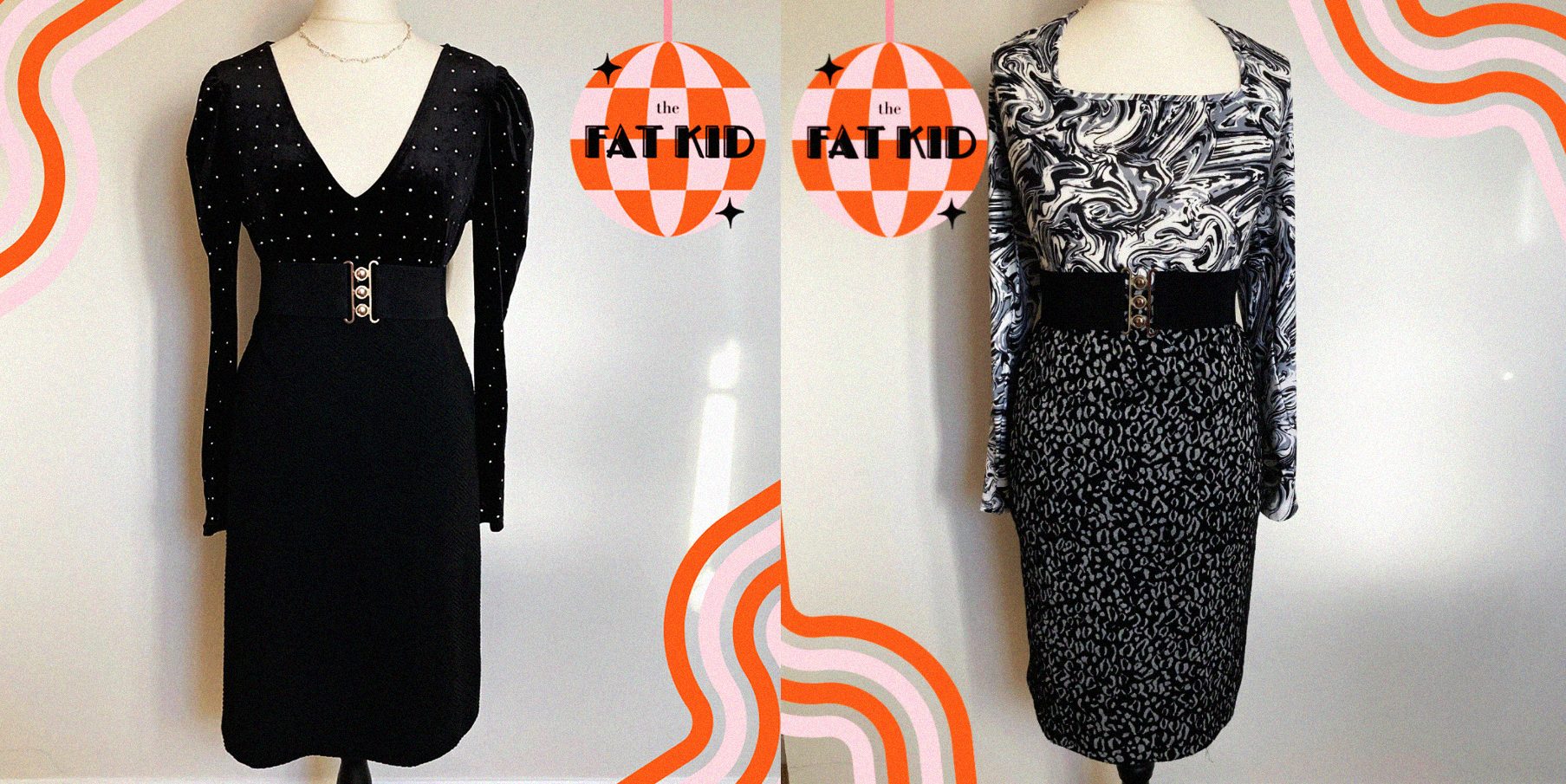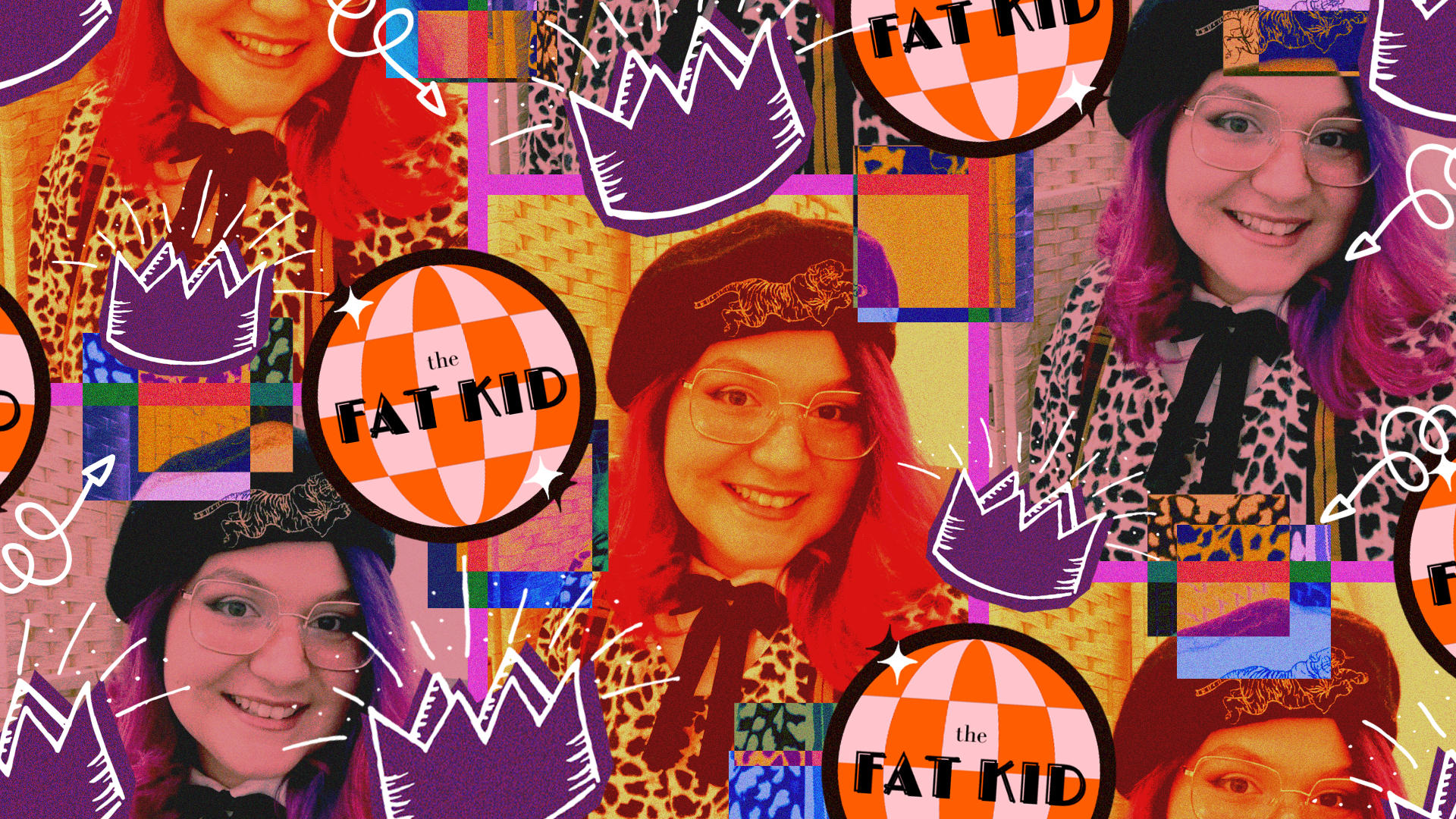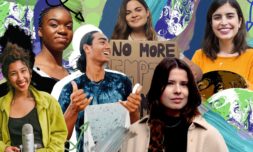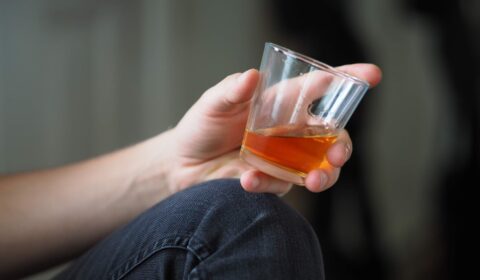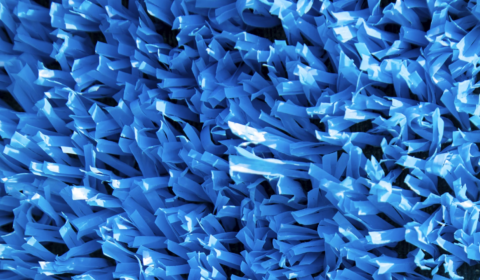Miss Fat Kid, also known as Monica Hudson, has been a one woman-team running her own jewellery business, Moonshine Spectrum, for the last couple of years. Telling me about her new endeavour, The Fat Kid, we discuss the body positivity movement, medical discrimination, and The Devil Wears Prada.
Monica did not stumble across body positivity, she explains. “I got sucked into it.”
Recovering from an eating disorder, she came across Megan Jayne Crabbe, a body positive activist who inspired her to join the community tackling fatphobia.
Along with Crabbe, Monica raved about the Anti-Diet Riot Club, an organisation that provides information, inspiration, and solidarity to those wanting to fight diet culture. They schedule networking and social events, providing information to counter the standard data usually given from scientists and dieticians.
The night before our meeting, Monica attended one of these events to discuss wellness culture and wellbeing, gushing about the importance of this community to provide a safe space.
“Community is the only way you can escape from diet culture”, she said, talking about the overwhelming and negative portrayal of fat people, and the obsession with dieting and thinness in the media.
“You can’t do it alone.”
It was this community that drove her to start The Fat Kid, a venture that combines sustainability and body positivity with thrifted outfits from charity shops being sold from size 14 up. Items that aren’t selling are then re-donated to charity shops, continuing the cycle of giving.
“There are no fun websites for plus-size people.” Monica continues, “you can’t be fashionable and plus-sized in popular culture”.
Plus-size clothes focus on ‘flattering’ and ‘hiding’ your arms, tummy, legs. Plus-size people should be able to express themselves through their clothes and celebrate their bodies as much as anyone else.
Growing up as a fat kid interested in fashion, there were no plus-size fashion models to follow or look up to.
Even now, Pinterest inspiration pages and high fashion are dominated by size 8s and below, all perpetuating the idea that skinny = fashion. On TV, Sex and the City and The Devil Wears Prada presents high fashion and glamour as dominated by straight, thin, white women.
The Fat Kid sells hand-curated and styled outfits modelled by a range of plus-size models to help shoppers find clothes confidently, without worrying about how it will look on their bodies.
An important part of this process is removing the potentially triggering aspect of thrift-shopping where people have to sift through sizes.
